The Age of Absolutism 1550-1800
History
absolute monarch
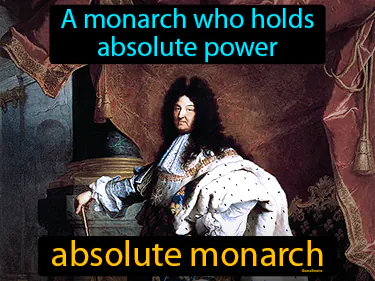
A monarch who holds absolute power. Absolute monarch. An absolute monarch is a king or queen who has complete control over their country without any legal or constitutional limitations.
armada
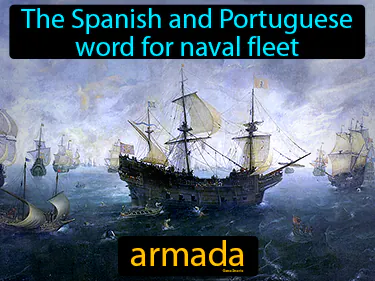
The Spanish and Portuguese word for naval fleet armada. An armada is a large group of warships organized for battle.
autocratic
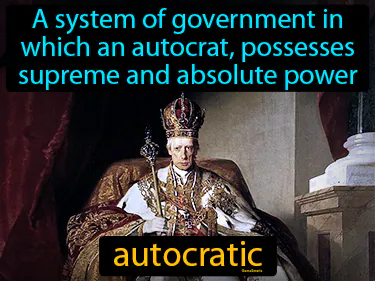
A system of government in which an autocrat possesses supreme and absolute power. Autocratic. In history, autocratic refers to rulers like kings or emperors who had complete control over their countries without sharing power.
balance of power
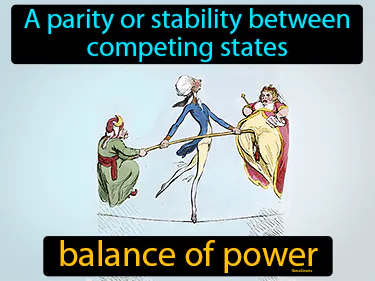
A parity or stability between competing states. Balance of power. In history, balance of power refers to the distribution of power among nations to prevent any one country from becoming too dominant.
boyar
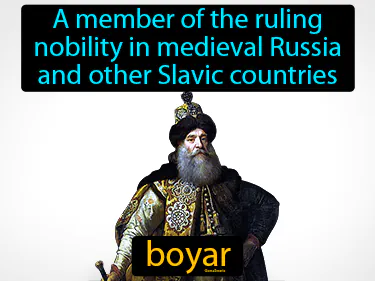
A member of the ruling nobility in medieval Russia and other Slavic countries boyar. A boyar was a high-ranking noble in medieval Russia who helped the prince govern the land.
cabinet
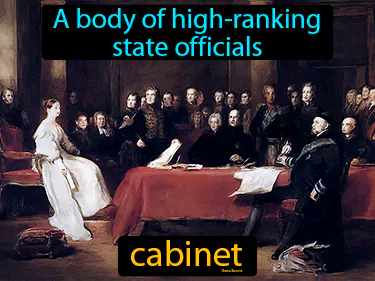
A body of high-ranking state officials. Cabinet. The cabinet is a group of top advisors to a president or leader, often responsible for managing different government departments.
Cardinal Richelieu
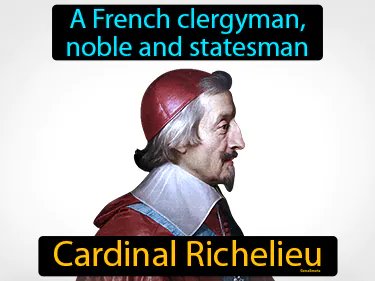
A French clergyman, noble and statesman. Cardinal Richelieu. He was a powerful advisor to King Louis XIII and helped strengthen the monarchy in France.
Catherine the Great
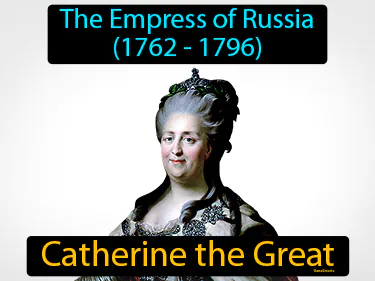
The Empress of Russia 1762-1796. Catherine the Great. Catherine the Great was a powerful and influential ruler who expanded and modernized Russia.
Charles I
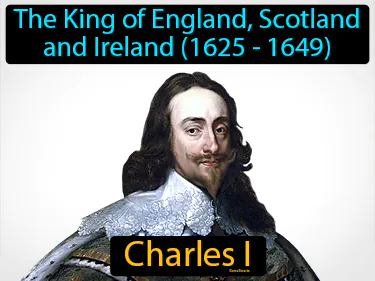
The King of England, Scotland and Ireland 1625 - 1649. Charles I. He was the monarch executed after a conflict with Parliament, leading to the English Civil War.
Charles V
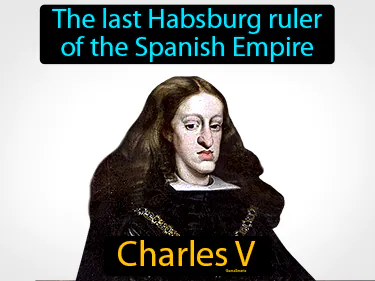
The last Habsburg ruler of the Spanish Empire. Charles V. Charles V was a 16th-century European emperor who ruled over an extensive empire including Spain and the Holy Roman Empire.
constitutional government
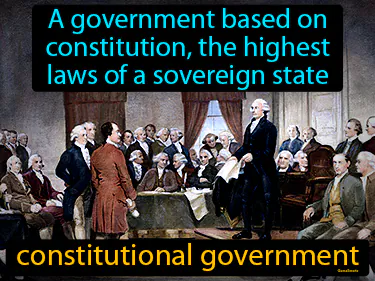
A government based on constitution, the highest laws of a sovereign state. Constitutional government. A constitutional government is a system where the authority of the government is defined and limited by a written or unwritten constitution, ensuring protection of citizens' rights.
depopulation
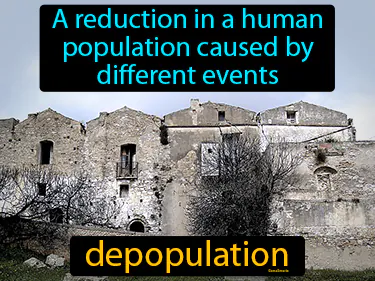
A reduction in a human population caused by different events. Depopulation. In history, depopulation refers to a significant decrease in the number of people in an area due to events like disease, war, or famine.
dissenter
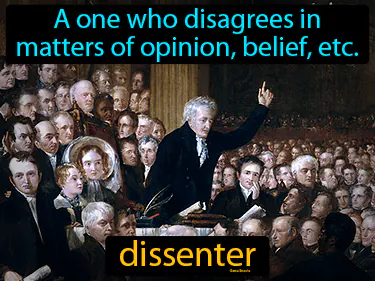
A one who disagrees in matters of opinion, belief, etc., dissenter. In history, a dissenter is someone who opposes the accepted norms or policies, often challenging authority or mainstream ideas.
divine right
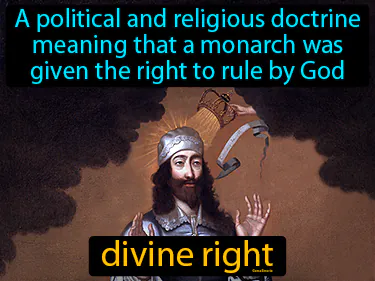
A political and religious doctrine meaning that a monarch was given the right to rule by God. Divine right. It means that kings and queens believed they were chosen by God, giving them absolute authority to govern.
Edict of Nantes
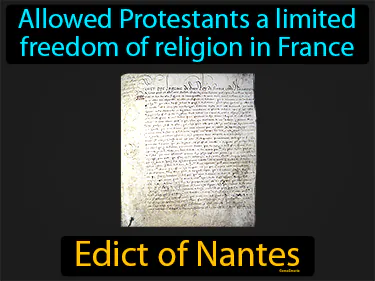
Allowed Protestants a limited freedom of religion in France. Edict of Nantes. The Edict of Nantes was a 1598 decree by King Henry IV granting religious tolerance to Protestants in Catholic-dominated France.
El Greco
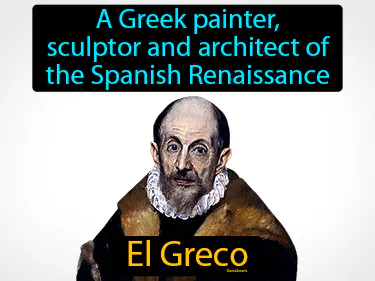
A Greek painter, sculptor and architect of the Spanish Renaissance. El Greco. El Greco was an influential artist known for his unique style that blended Byzantine and Western art traditions, making a significant impact on the Spanish Renaissance.
elector
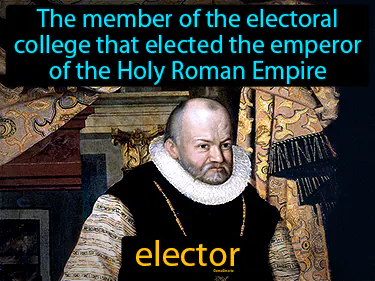
The member of the electoral college that elected the emperor of the Holy Roman Empire. Elector. An elector was a prince or high-ranking noble who had the privilege of voting in the election of the emperor of the Holy Roman Empire.
English Bill of Rights
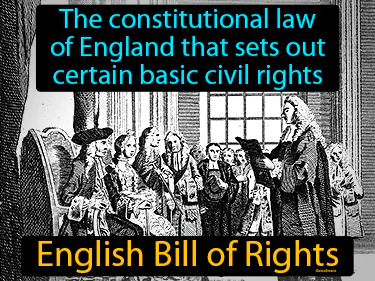
The constitutional law of England that sets out certain basic civil rights. English Bill of Rights. It is a historic document from 1689 that limited the powers of the monarchy and established rights for Parliament and individuals.
Ferdinand
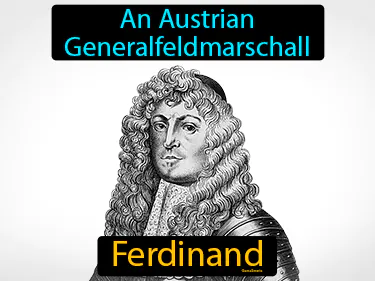
An Austrian Generalfeldmarschall. Ferdinand. Ferdinand was a high-ranking military leader in Austria's history.
Frederick II
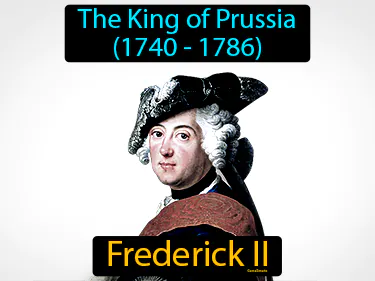
The King of Prussia 1740 - 1786. Frederick II. Frederick II, also known as Frederick the Great, was a Prussian king who expanded his nation's power and influence in Europe through military victories and enlightened reforms.
Frederick William I
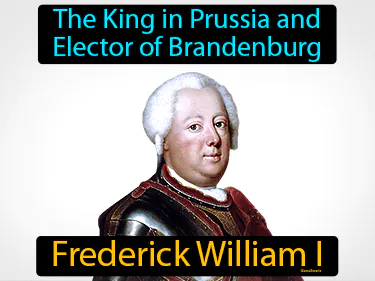
The King in Prussia and Elector of Brandenburg. Frederick William I. He was known as the "Soldier King" and transformed Prussia into a strong military power in the early 18th century.
Habsburg empire
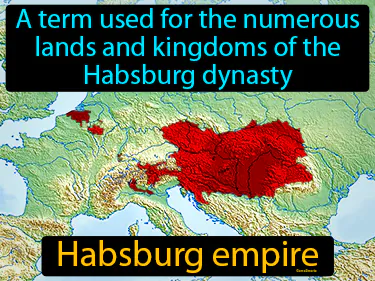
A term used for the numerous lands and kingdoms of the Habsburg dynasty. Habsburg empire. The Habsburg Empire was a major European dynasty that ruled over various regions, including Austria, Hungary, and Spain, from the late Middle Ages until the early 20th century.
Henry IV
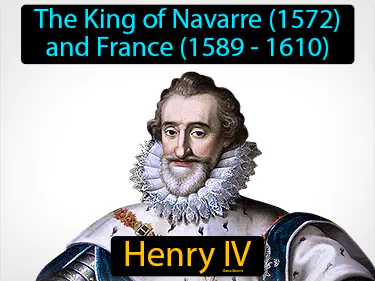
The King of Navarre 1572 and France 1589 - 1610. Henry IV. Henry IV was the first French king from the Bourbon dynasty, known for ending religious conflicts in France with the Edict of Nantes.
Huguenots
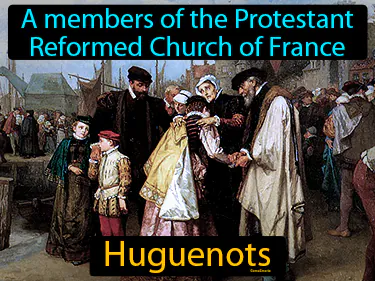
A members of the Protestant Reformed Church of France. Huguenots. Huguenots were French Protestants who faced persecution in the 16th and 17th centuries, leading many to flee France.
intendant
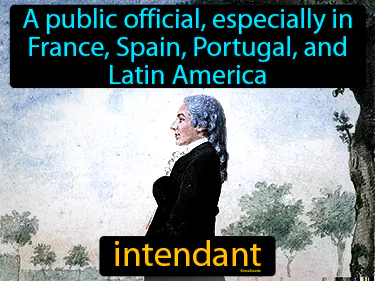
A public official, especially in France, Spain, Portugal, and Latin America. Intendant. In history, an intendant was a government official appointed to oversee and manage areas like finances, policing, and justice in various regions, particularly in France during the 17th and 18th centuries.
James I
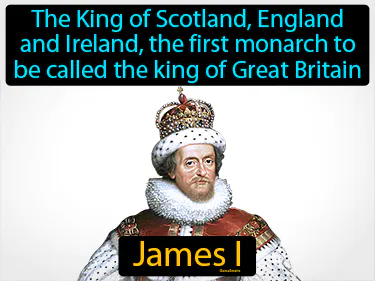
The King of Scotland, England and Ireland, the first monarch to be called the king of Great Britain. James I. James I was the first ruler to unite the crowns of Scotland and England in 1603.
Jean-Baptiste Colbert
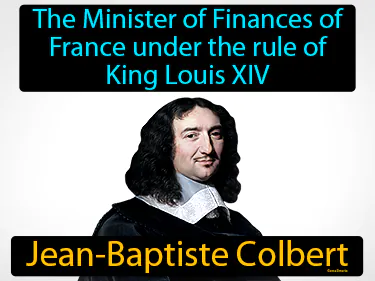
The Minister of Finances of France under the rule of King Louis XIV. Jean-Baptiste Colbert. Jean-Baptiste Colbert was the main financial advisor who strengthened France's economy in the 17th century.
levee
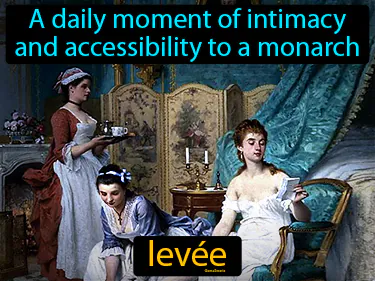
A daily moment of intimacy and accessibility to a monarch. levee. In history, a levee was a formal ceremony where monarchs received and interacted with courtiers and officials.
limited monarchy
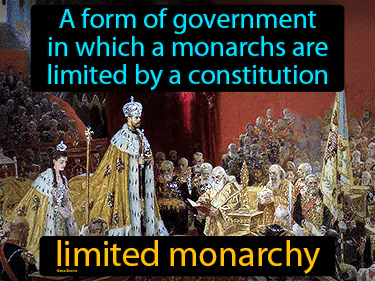
A form of government in which a monarch's powers are limited by a constitution. Limited monarchy. A limited monarchy is where a king or queen shares power with a governing body like a parliament.
Louis XIV
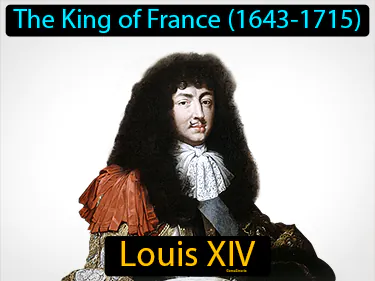
The King of France 1643-1715. Louis XIV. Louis XIV, known as the "Sun King," was an absolute monarch who centralized power and strengthened France's influence in Europe.
Maria Theresa
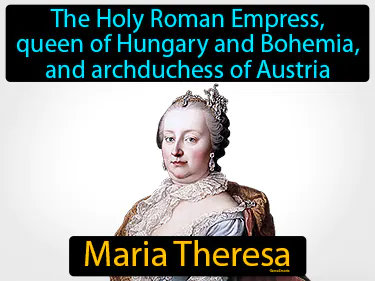
The Holy Roman Empress, queen of Hungary and Bohemia, and archduchess of Austria. Maria Theresa. She was a powerful 18th-century ruler who modernized Austria and strengthened her empire.
mercenary
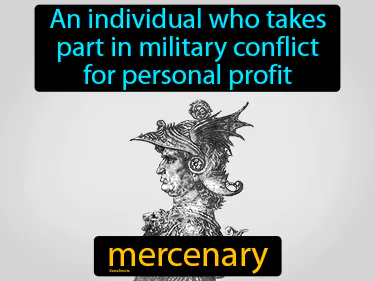
An individual who takes part in military conflict for personal profit. Mercenary. In history, a mercenary is a soldier hired to fight for a foreign army or group in exchange for payment.
Miguel de Cervantes
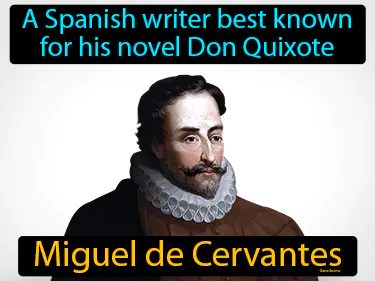
A Spanish writer best known for his novel Don Quixote. Miguel de Cervantes. He is a key figure in literature, marking the golden age of Spanish history.
oligarchy
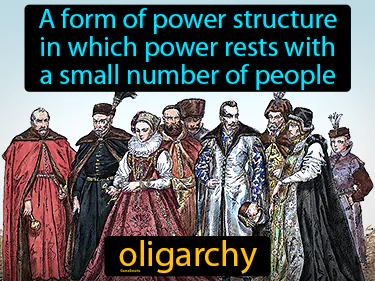
A form of power structure in which power rests with a small number of people. Oligarchy is a system where a small group of influential people control a country or organization, often seen in ancient Greek city-states.
Oliver Cromwell
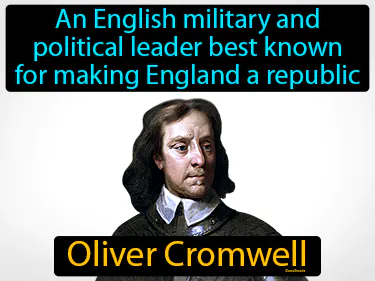
An English military and political leader best known for making England a republic. Oliver Cromwell. He was a key figure in the English Civil War who led the Parliamentarian victory and ruled as Lord Protector.
partition
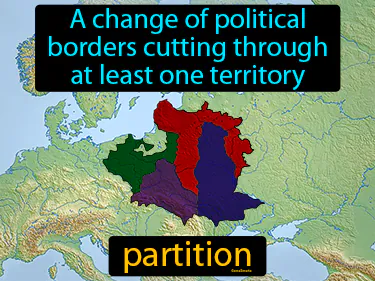
A change of political borders cutting through at least one territory. Partition. Partition is when a region is divided into separate political units or countries.
Peace of Westphalia
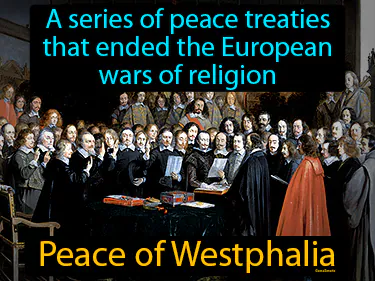
A series of peace treaties that ended the European wars of religion. Peace of Westphalia. It marked the end of the Thirty Years' War in 1648 and established modern state sovereignty.
Peter the Great
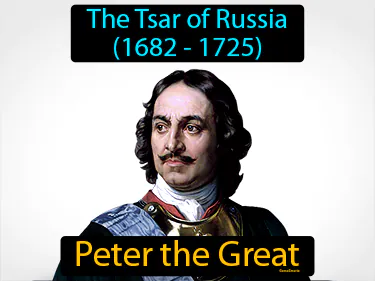
The Tsar of Russia 1682 - 1725. Peter the Great. He was a Russian ruler known for modernizing and expanding Russia.
Philip II
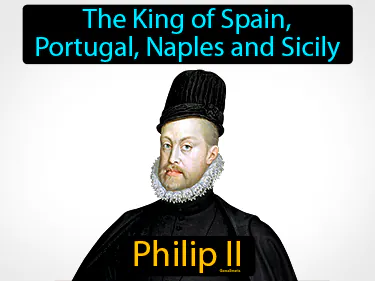
The King of Spain, Portugal, Naples and Sicily. Philip II. Philip II was a 16th-century monarch who expanded Spain's empire and championed Catholicism.
Prussia
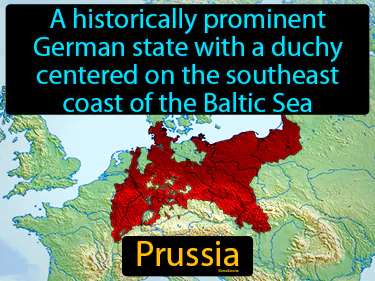
A historically prominent German state with a duchy centered on the southeast coast of the Baltic Sea. Prussia. Prussia was a powerful kingdom in northern Europe that played a key role in German unification and European politics.
Puritans
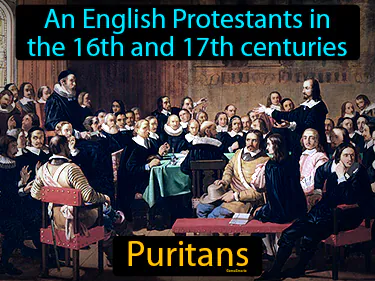
An English Protestants in the 16th and 17th centuries. Puritans. Puritans were a group who sought to simplify and regulate forms of worship in the Church of England.
St Petersburg
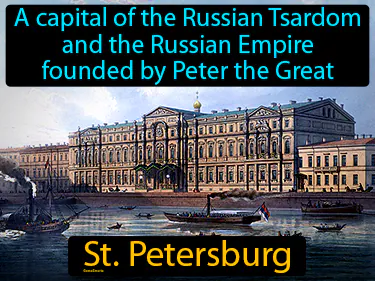
A capital of the Russian Tsardom and the Russian Empire, founded by Peter the Great. St Petersburg. St Petersburg is a historic Russian city founded as a major cultural and political center by Peter the Great.
Versailles
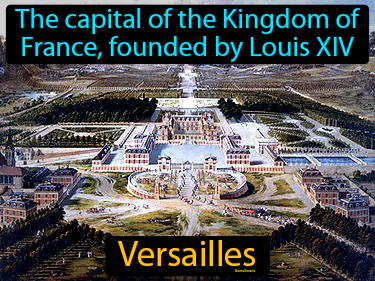
The capital of the Kingdom of France, founded by Louis XIV. Versailles. Versailles is a grand palace and former royal residence in France.
War of the Austrian Succession
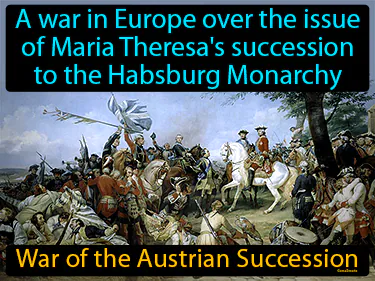
A war in Europe over the issue of Maria Theresa's succession to the Habsburg Monarchy. War of the Austrian Succession. It was a conflict from 1740 to 1748 over who should inherit the Habsburg Monarchy after Emperor Charles VI's death.
warm-water port
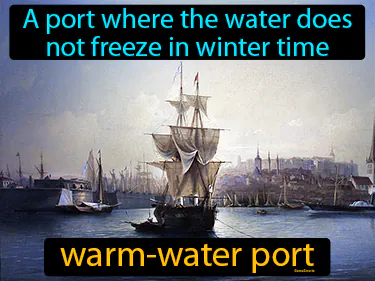
A port where the water does not freeze in winter time. Warm-water port. Warm-water ports were historically important because they allowed for year-round trade and military activities.
westernization
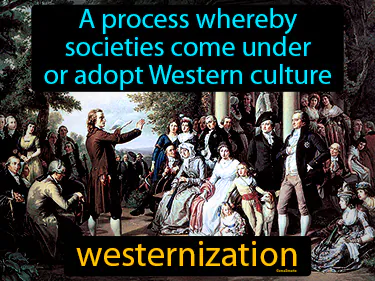
A process whereby societies come under or adopt Western culture. Westernization. It refers to the spread and influence of Western European and North American cultural, political, and economic practices across the world.